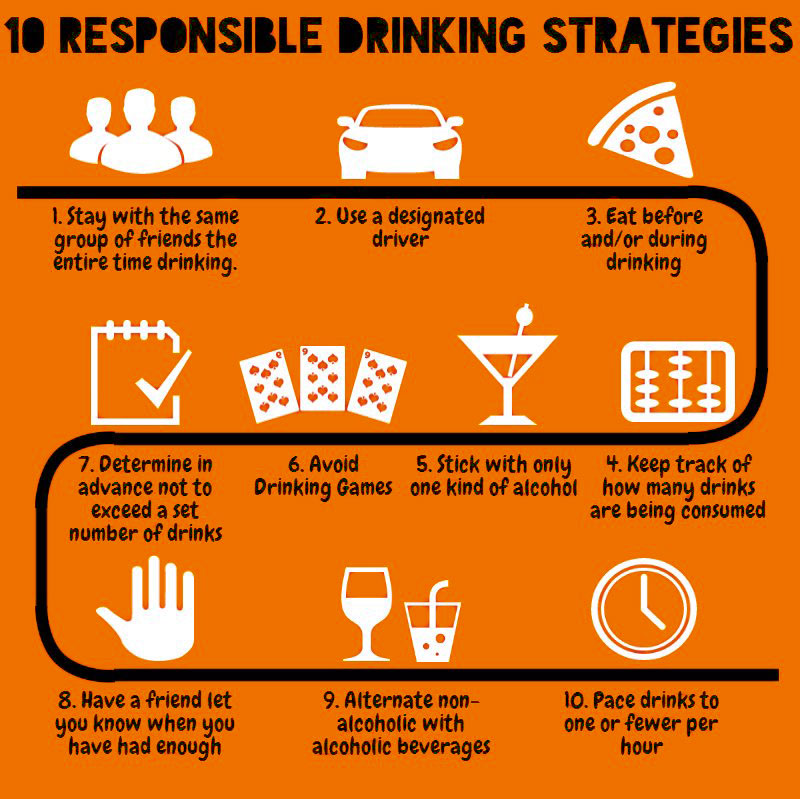Discover the surprising science behind alcohol consumption, from blood alcohol content to hangover cures, in this fascinating exploration.
Table of Contents
Alcohol consumption has been a popular social activity for centuries, with the age-old question of “how many beers does it take to get drunk?” often at the forefront of many minds. The answer to this question can vary greatly depending on a multitude of factors, from individual metabolism to tolerance levels and beyond. In this blog post, we will delve deep into the science behind alcohol intoxication to uncover the true complexities of this inebriating equation.
Understanding Alcohol Metabolism
When you consume alcohol, it enters your bloodstream through the stomach and small intestine. The body then metabolizes alcohol in the liver using enzymes to break it down into acetaldehyde and eventually into acetic acid. This process takes time and can vary from person to person based on a variety of factors.
One important factor to consider is the rate of alcohol absorption, which can be influenced by factors such as age, gender, and body composition. For instance, men tend to have a higher percentage of water in their bodies than women, leading to a more rapid dilution of alcohol in the bloodstream. Additionally, younger individuals may have a higher metabolism rate, leading to faster alcohol processing compared to older individuals.
Individual Tolerance Levels
Alcohol tolerance refers to the body’s ability to handle increasing amounts of alcohol over time. Regular alcohol consumption can lead to a higher tolerance level, meaning that more alcohol is required to feel the effects of intoxication. However, it’s important to note that tolerance does not equate to immunity to alcohol’s negative effects, such as impaired judgment and coordination.
Factors such as genetics, liver health, and overall physical health can also play a role in determining an individual’s tolerance level. Those with a family history of alcoholism or liver disease may have a lower tolerance for alcohol, while those with a healthy liver and general wellbeing may be able to handle alcohol more effectively.
Factors Influencing Intoxication
Aside from metabolism and tolerance levels, there are several other factors that can influence how many beers it takes to get drunk. body weight plays a significant role, as alcohol is distributed throughout the body based on a person’s weight. Those with higher body weight may require more alcohol to reach intoxication than those with lower body weight.

Image courtesy of regenerationdistilling.com via Google Images
Age is another important factor to consider, as alcohol tolerance tends to decrease with age due to changes in metabolism and liver function. Additionally, the alcohol content of the beverages consumed can impact intoxication levels, with higher-proof drinks leading to quicker intoxication.
Other factors, such as food consumption and hydration, can also influence how alcohol affects the body. Consuming food before or while drinking can help slow down the absorption of alcohol, leading to a more gradual intoxication process. Staying hydrated by drinking water in between alcoholic beverages can also help mitigate the effects of alcohol on the body.
Conclusion
In conclusion, the question of how many beers it takes to get drunk is not a simple one to answer. The interaction of various factors, including metabolism, tolerance levels, and external influences, all play a role in determining individual intoxication levels. It’s important to drink responsibly, know your limits, and prioritize your health and safety when consuming alcohol. By understanding the science behind alcohol intoxication, we can make informed decisions to ensure a safe and enjoyable drinking experience.
FAQ
Question 1: How does alcohol affect the body?
Answer 1: Alcohol affects the central nervous system, leading to impaired coordination, judgment, and cognitive function.
Question 2: How can I sober up quickly?
Answer 2: Time is the only way to sober up as the body metabolizes alcohol at a set rate. Drinking water can help, but there is no quick fix.
Question 3: Can I build up my alcohol tolerance?
Answer 3: Yes, regular consumption of alcohol can increase tolerance levels, but it does not eliminate the negative effects of alcohol on the body.
Question 4: How can I prevent a hangover?
Answer 4: To prevent a hangover, drink in moderation, stay hydrated, and eat before or while drinking to slow down alcohol absorption.
Generated by Texta.ai Blog Automation


Leave a Reply